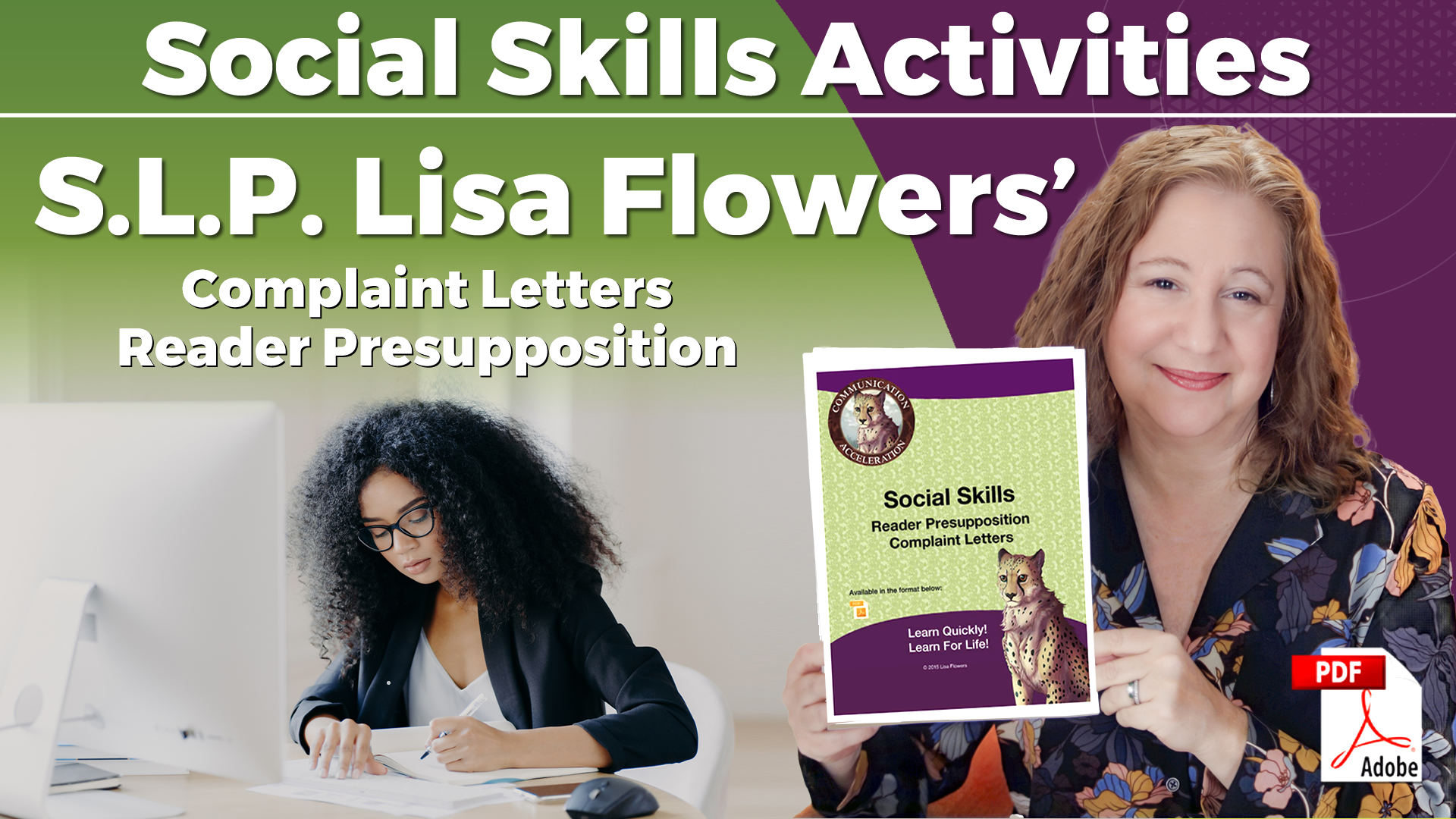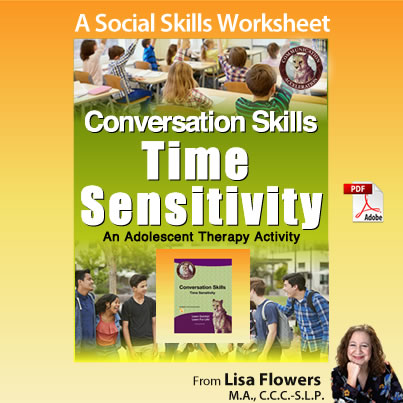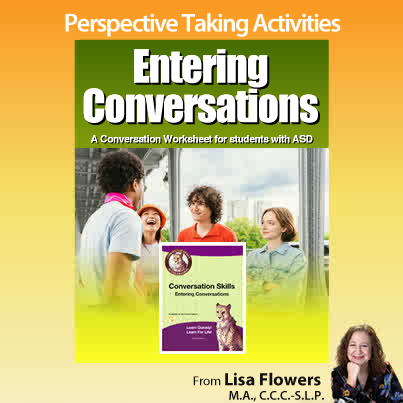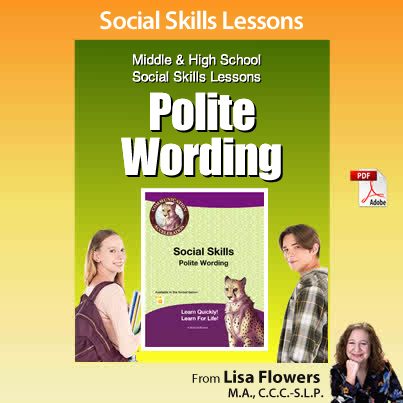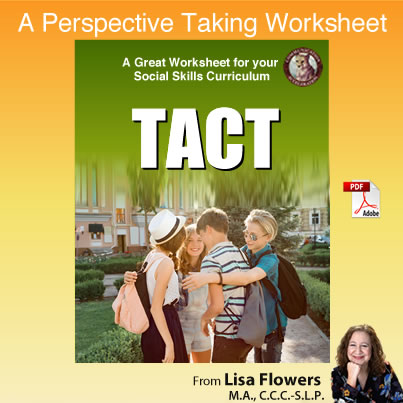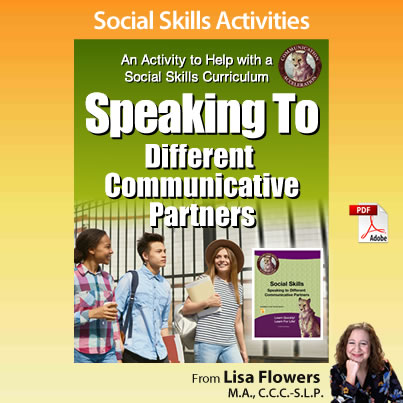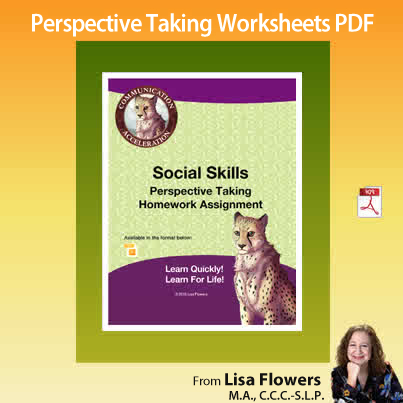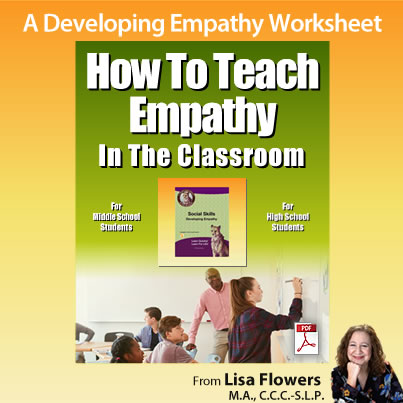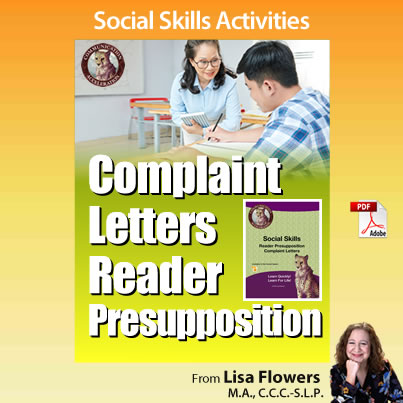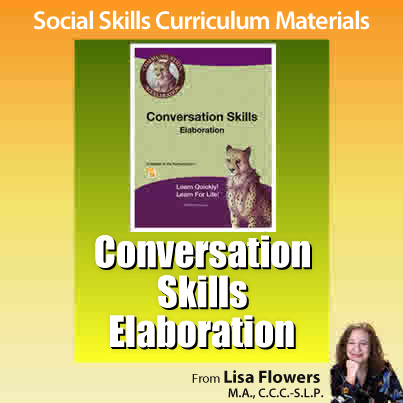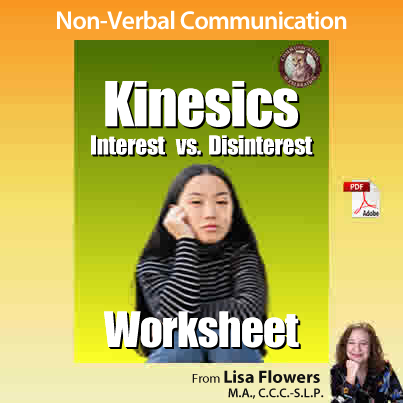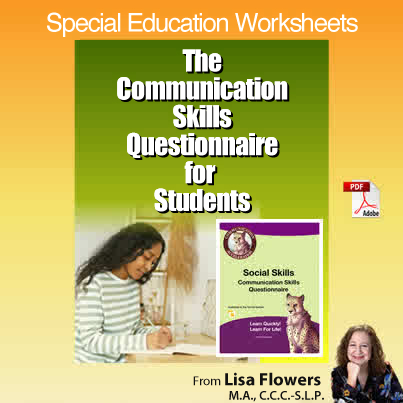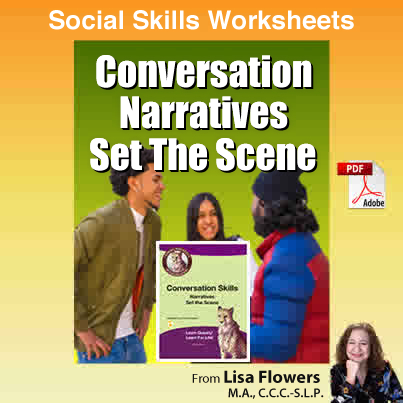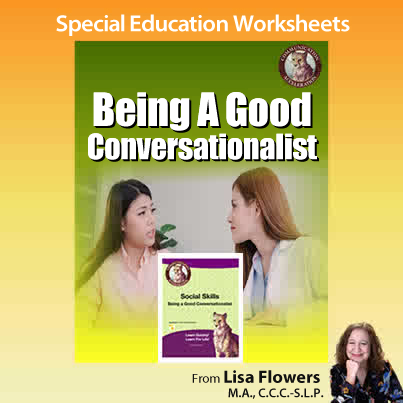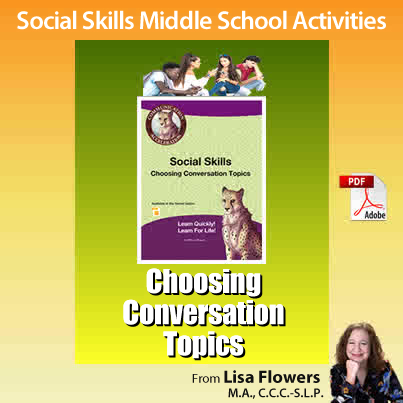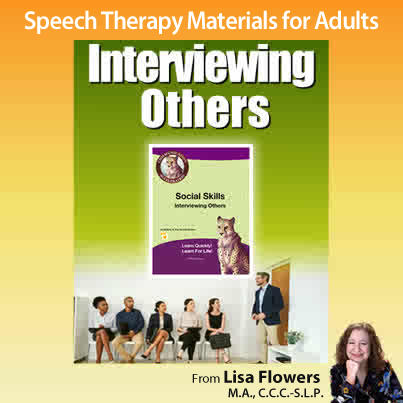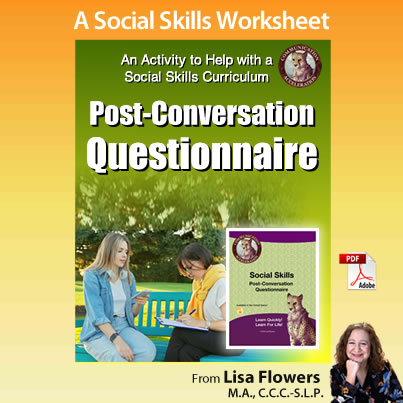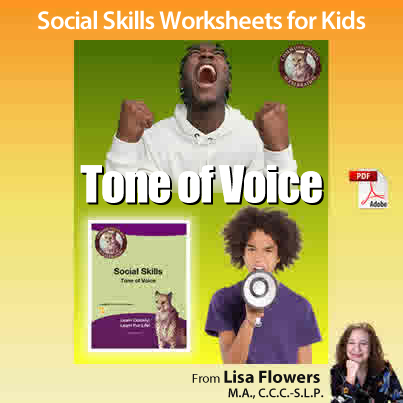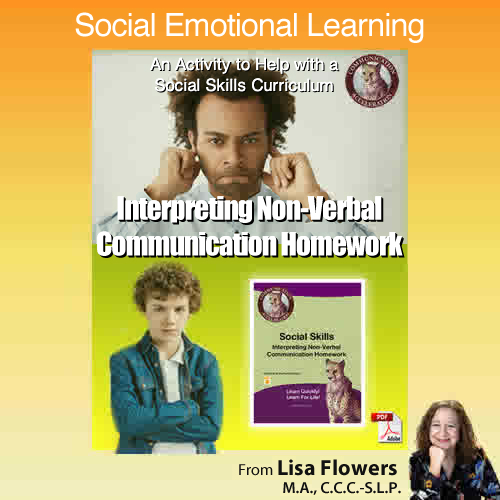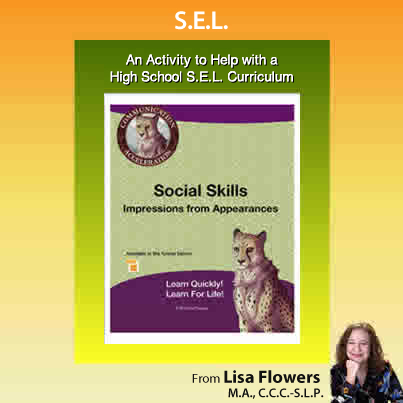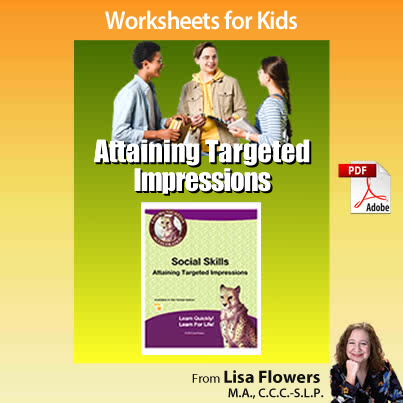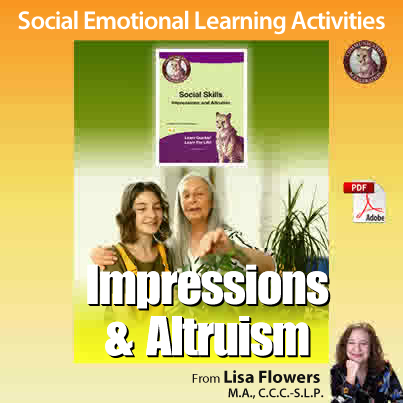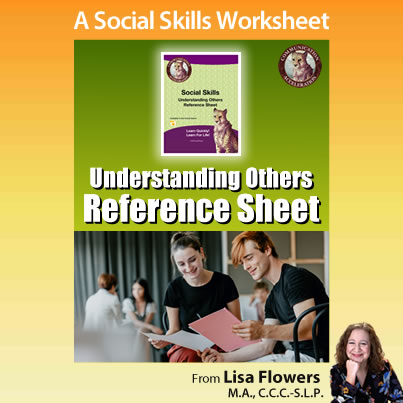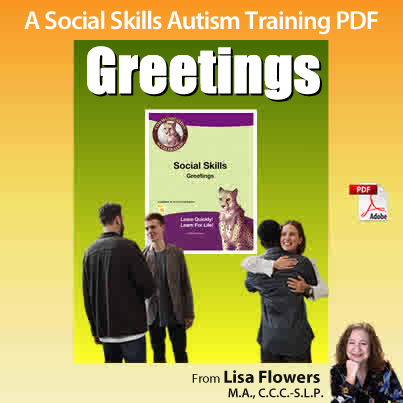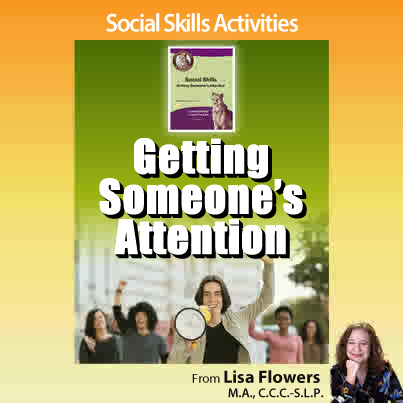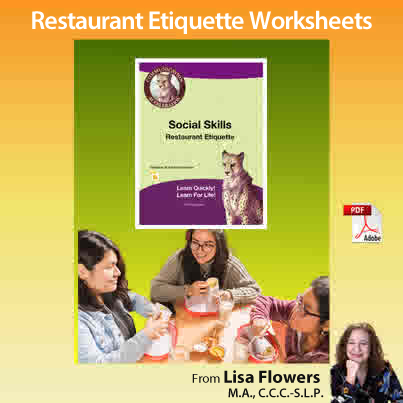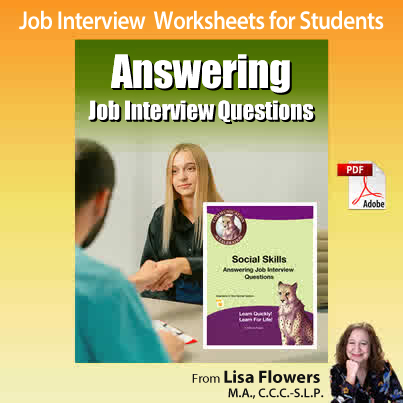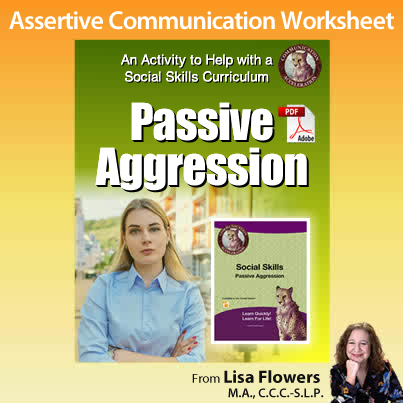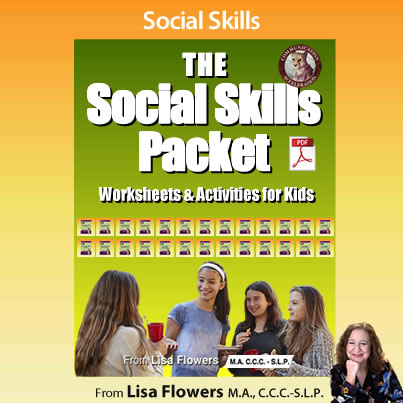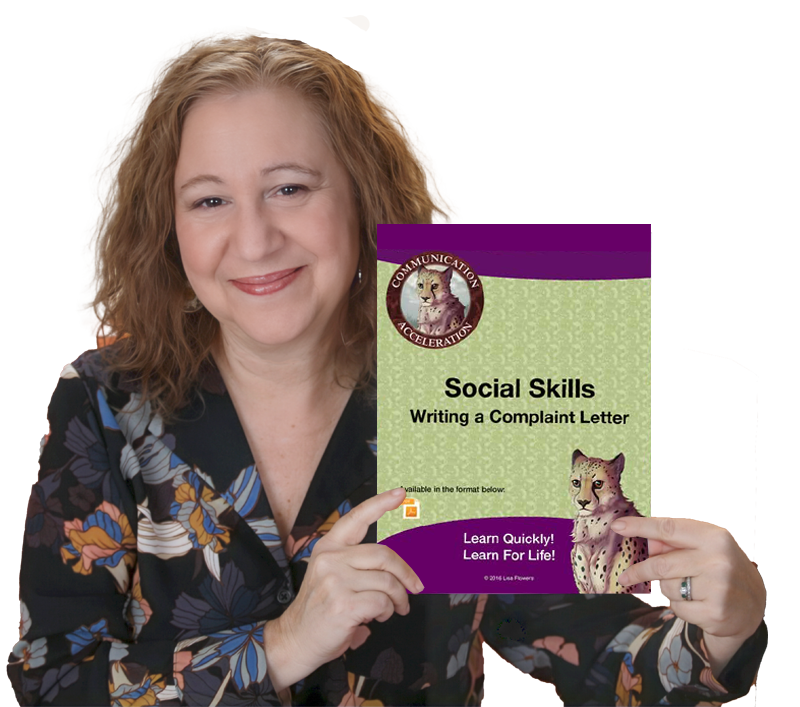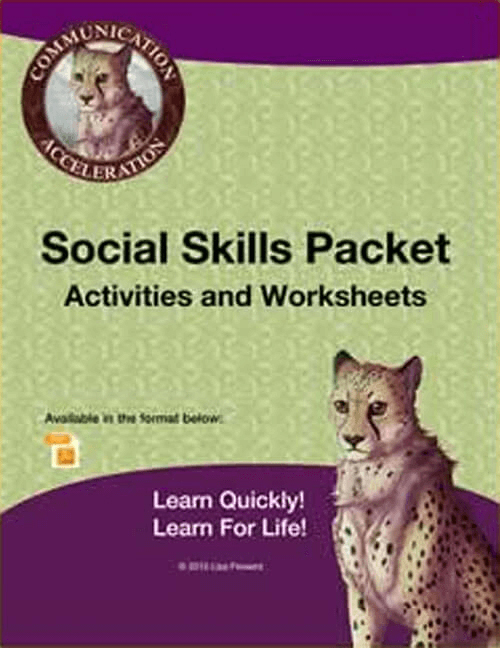Writing a Letter of Complaint Exercise in PDF
Writing Skills / Letter of Complaint
Writing a Complaint Letter: Reader Presupposition
Watch the video to learn more
Click here for video transcription and ADA compliant audio for the video above
Writing a Complaint Letter
The impressions we give others of us can make or break relationships. Or, in the case of this activity, impressions can determine success or failure when writing a formal letter or email requesting compensation.
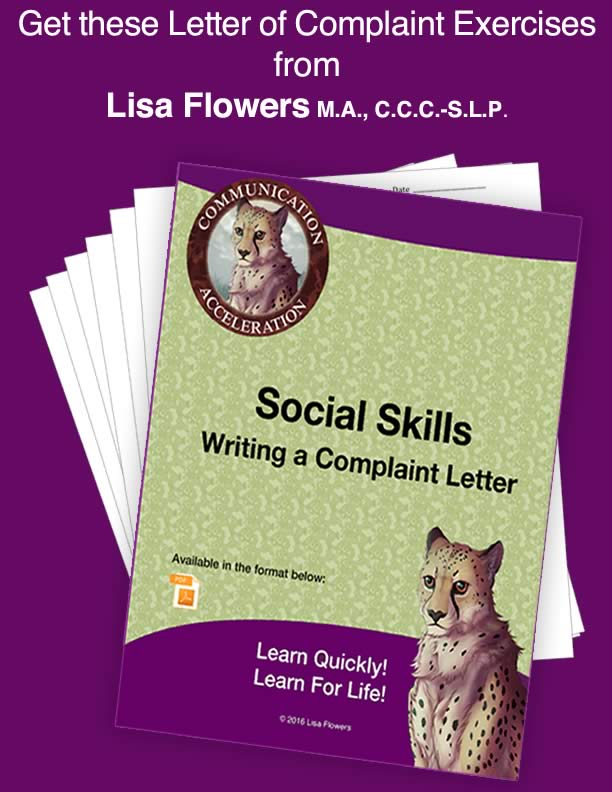
Writing a Complaint Letter: Reader Presupposition
It is vital for students to learn to keep their reader in mind and to think about how content gives a reader a specific impression of the writer.
This activity is unique in its effectiveness of fostering growth in perspective-taking. Addressing the nuances of writing while keeping readers in mind through the skill of modification to facilitate a targeted impression of the writer, this activity focuses on a high-level practical life skill. It combines social and writing skills, beginning with a complaint letter asking for financial compensation. It also includes extensive therapy notes on how to lead the activity with line-by-line interpretations of the effectiveness of the content in the complaint letter, as well as unique situations for which students must draft their own complaint letters. When doing so, students are tasked with selecting content and wording that will give their readers two targeted impressions of them: honest and reasonable. This activity is especially effective because teenagers love receiving not only permission, but the expectation, to complain.
